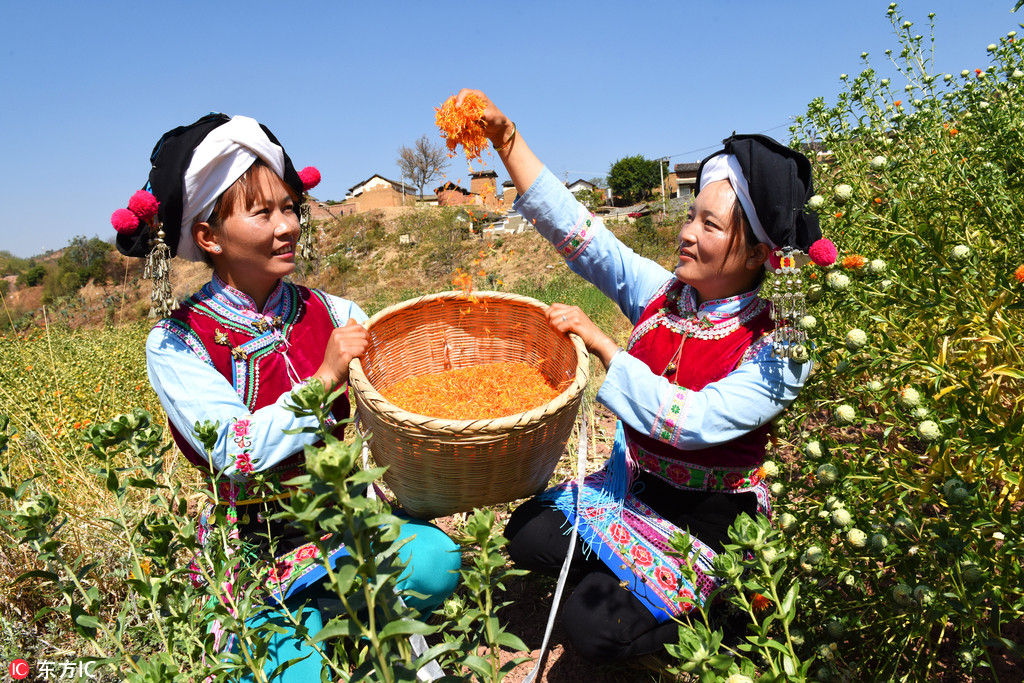Guideline urges support for TCM developed by ethnic groups


Authorities in China have called for concerted efforts to boost development of ethnic medicine, which is considered part of traditional Chinese medicine, and incorporate it into poverty alleviation programs.
The State Administration of Traditional Chinese Medicine and 12 other authorities - including those covering ethnic affairs, education, science and technology, finance, and human resources - issued a guideline on Thursday to help ethnic medicine play a greater role in improving China's public health services.
"Some ethnic groups affected by extreme poverty have rich knowledge of valuable herbs and useful medical practices. With support, these people could lift themselves out of poverty," said Zhao Wenhua, deputy head of the administration's Medical Administration Department.
Authorities also noted a lack of regulations on the production and sale of ethnic medicine, and encouraged favorable policies to provide better medical training.
China's TCM Law, in effect since July 2017, states that ethnic medicine is an important part of TCM and requires local governments to provide support.
More than 40 ethnic drugs were added to the reimbursement list for the national medical insurance program in 2017, an increase of 95 percent year-on-year, according to the administration.
It added that 43 Chinese colleges have also launched education programs on ethnic medicine, with over 13,000 students enrolled in 2016.
- Chinese researchers create novel computing architecture for major power boost
- Chinese astronauts conduct key training, experiments on space station
- China maintains strong momentum in anti-corruption drive
- China maps cotton's evolutionary secrets to build better crops
- Chinese president appoints new ambassadors
- Chinese researchers develop 'smart eyes' for grazing robots



































